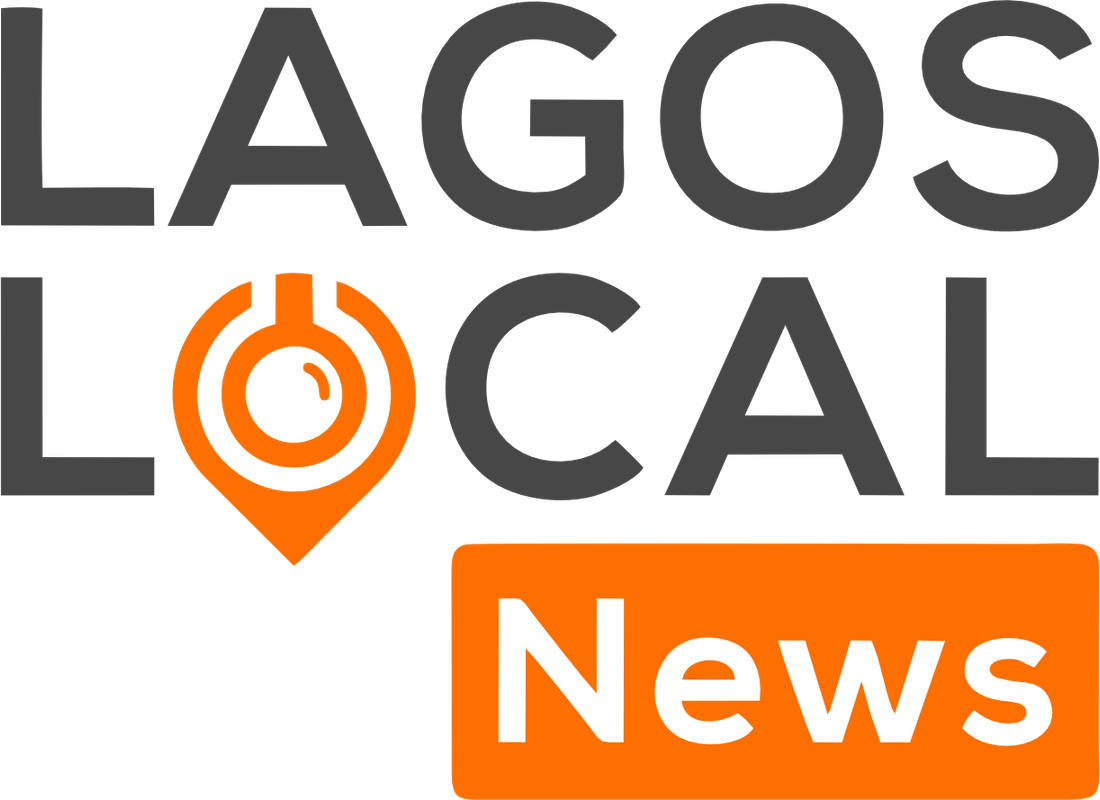Labour Demands N615,000 As New Minimum Wage For Nigerian Workers
The Nigeria Labour Congress (NLC) has made a bold proposal for a new minimum wage of N615,000 per month, citing critical economic realities and the country's rising cost of living.
Joe Ajaero, President of the NLC, confirmed this development on Sunday, indicating a significant push for improved working conditions.
The proposed increase in salaries followed lengthy deliberations between the NLC and the Trade Union Congress (TUC), which concluded that the present minimum wage of N30,000 is barely enough to support the ordinary Nigerian worker.
Labour leaders decried the inability of certain governors to completely implement the current salary structure, which is scheduled to expire in April, five years after the implementation of the Minimum pay Act of 2019 by former President Muhammadu Buhari.
This Act stipulates periodic reviews every five years to align with the evolving economic realities faced by workers.
The NLC and the TUC have regularly pushed President Bola Tinubu's government to speed up the process of modifying salary awards to reflect current economic realities.
In January, the Federal Government formed a 37-member Tripartite Committee on National Minimum Wage to recommend a new wage floor for the country.
Earlier recommendations from labour unions differed, with the NLC initially asking for a N1 million minimum wage, citing the country's growing inflation rates, which have driven many individuals into poverty.
In contrast, the TUC suggested N447,000 a month, while the NLC later changed its stance to request N794,000 per worker. However, in their most recent proposal to the government, both unions jointly proposed N615,000 as the new minimum wage, signalling a compromise in the face of economic challenges.
Labour groups highlighted the negative impact of inflation, which had risen to 31.70% as of February 2024, raising the cost of living for Nigerian workers. They argued that state governors are well-positioned to meet the proposed wage increase, given the enhanced monthly revenue allocations allocated by the Revenue Mobilisation Allocation and Fiscal Commission (RMAFC).


